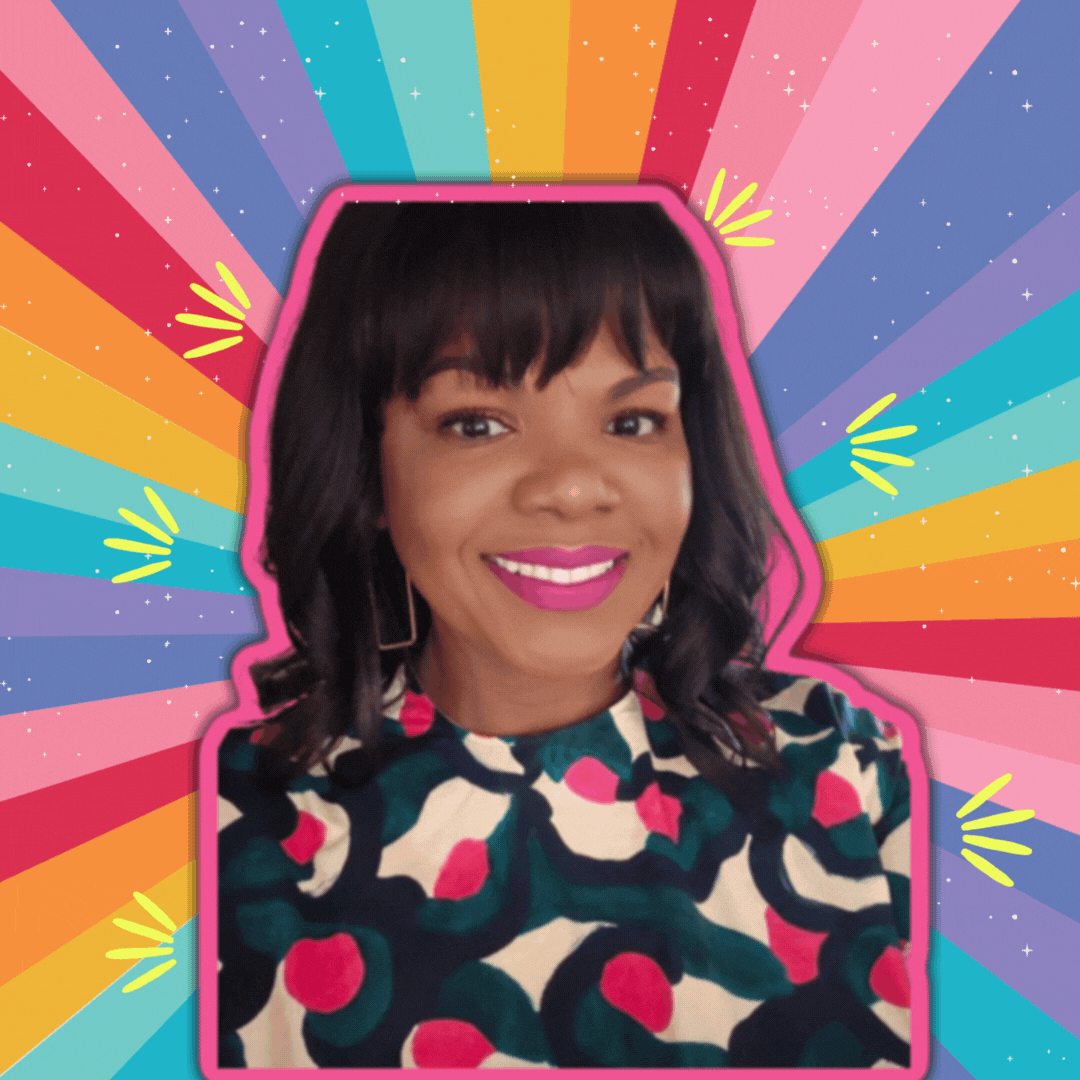
I recently thought about what I learned about sexuality growing up. Nothing. It was rarely discussed, not even with friends. While in high school my mom and I were neighbors with a gay couple I loved. No one told me they were gay, but I figured they weren’t just roommates.
Though I don’t remember their names, I remember how nice they were to me, and how lovely their apartment was. I recall being amazed at how many plants they had.
Not having discussions about sexuality left me free to develop my own thoughts about it. And I realized that I didn’t really have any.
I went to a middle school with a boy who was likely gay as well as a guy in high school. We weren’t close but we were cool. I just don’t remember having any feelings about how they presented. To me, they were just M* and R*.
And I love that.
As I got older, I had many gay friends, and it was never a “thing.” It always felt very natural to me. But there was a time where having gay people around did not feel natural for others and I had a decision to make.
I’d been invited to a barbecue and noticed two people sitting together, alone at a table. Though they were biologically male, I don’t know how they identified but it was clear they were part of the LGBTQ+ community. I also noticed that no one was sitting with them, which I found weird and as I thought about it more, offensive.
I sat with them because I hate for people to feel excluded.
I pointed out to one of them that their purse had fallen on the ground and helped them collect their things. From that moment on, we had a ball. It was as if we created our own party and were oblivious to those around us. We had such fun and interesting conversation.
The next time I saw the host of the BBQ, she told me that the two had remarked on how much they loved me and how sweet I was. It was so touching because I knew they were aware of their isolation, and it felt great to make them feel welcomed. In retrospect, it was one of the first times I felt like an ally.
I’ve continued to be intentional about inclusion.
At one point I even had a job as a diversity and inclusion workshop presenter. Though at times it was very challenging and disappointing, due to unaccepting attitudes, I loved the work. Though I’m no longer a professional advocate for inclusion, personally, I continue to push for it.
In a place like Missouri, I sometimes have to push back against ignorant attitudes against the LGBTQ+ community and other marginalized groups, even when there may be risk.
Being an ally is really important to me. If I want a world where all people experience equality and equity, I feel I should actively participate in creating it. I prefer diverse spaces and feel a sense of responsibility to do what I can to make those spaces feel safe for a variety of people to exist.
As a Black woman I definitely know what it’s like to feel ignored, dismissed and devalued, and I don’t want others to feel the same. My allyship not only helps me feel connected to others, but is also part of my character that makes me feel proud of who I am.
*Initials used to protect identities
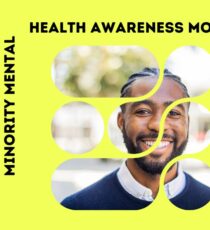
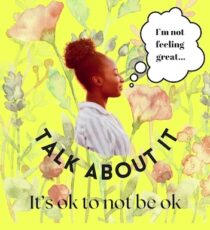
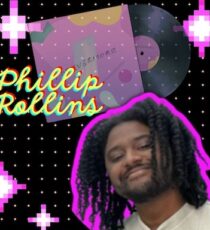
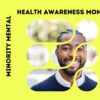
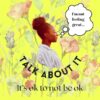

Social Menu